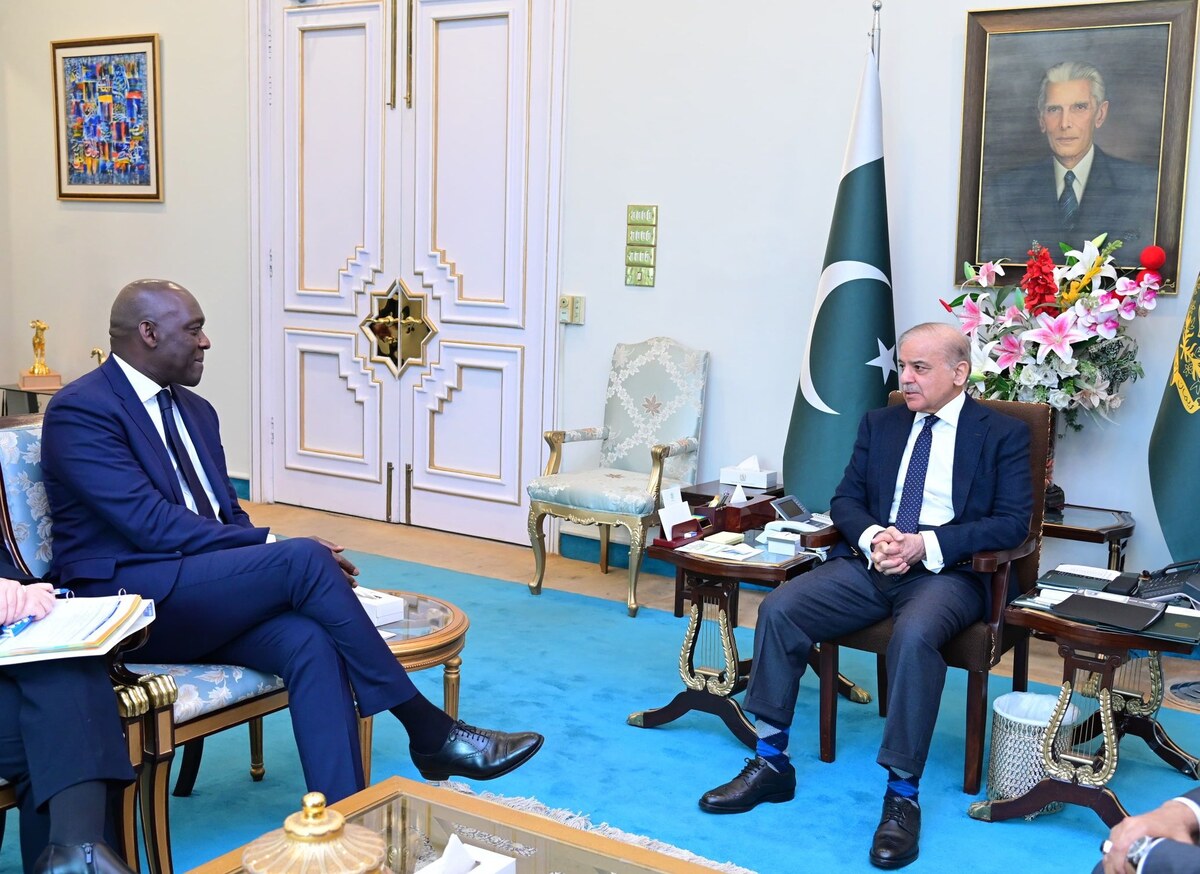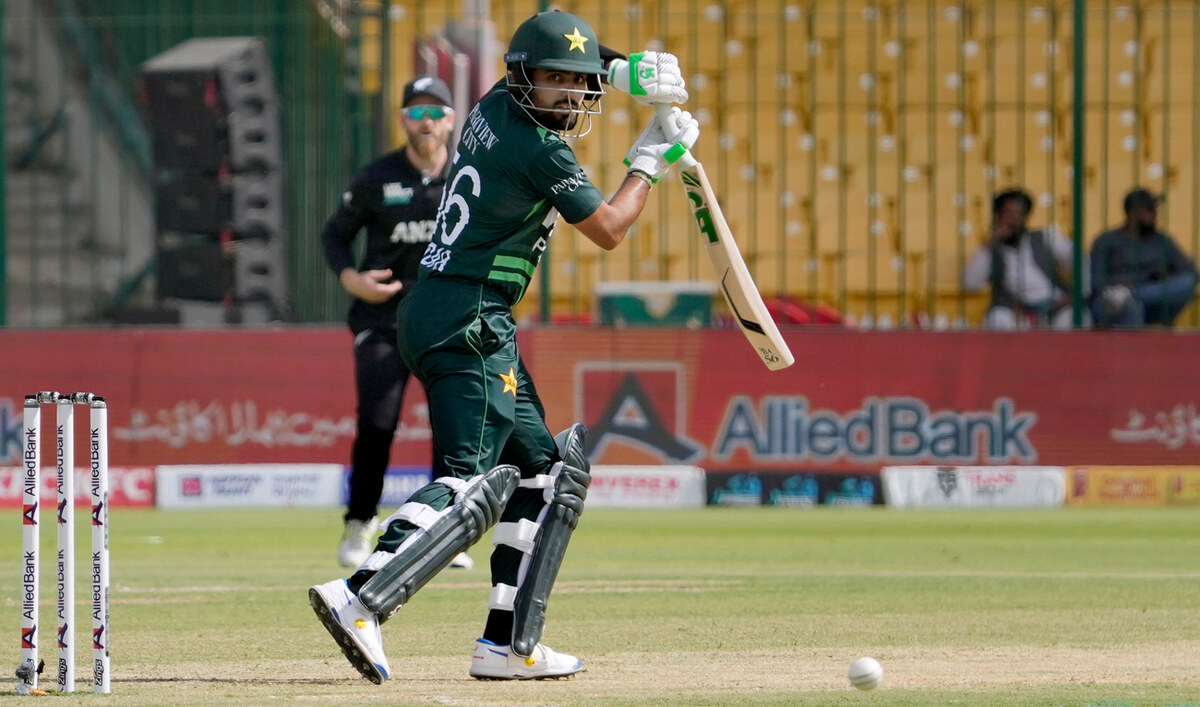ISLAMABAD: Prime Minister Shehbaz Sharif said on Thursday the second phase of the China-Pakistan Economic Corridor (CPEC) would help Pakistan transform its economy, Pakistani state media reported.
The statement came at a reception hosted by the Chinese embassy in Islamabad with regard to China’s National Day, which was attended by PM Sharif, President Asif Ali Zardari, diplomats, dignitaries, and senior civil and military officers.
CPEC, a part of China’s Belt and Road Initiative, aims to connect China to the Arabian Sea through a network of roads, railways, pipelines and ports in Pakistan and help Islamabad expand and modernize its economy.
China has also shown willingness for the second phase of CPEC and has given assurances for the establishment of five new corridors, including that of growth, livelihood, innovation, green economy and open regional inclusive development.
“We are entering into the second phase of CPEC which has huge potential of mutual cooperation in the field of agriculture, information technology, mines and minerals and many other important areas of mutual interests,” the state-run APP news agency quoted Sharif as saying at the event to commemorate China’s 75th anniversary.
He acknowledged China’s critical role in Pakistan’s talks with the International Monetary Fund (IMF) for a new $7 billion bailout program to keep its economy afloat. Islamabad has for years relied on China, Saudi Arabia and the United Arab Emirates (UAE) for assistance to meet such external financing requirements.
“The ongoing partnership not only fostered regional development and peace but also contributed to global stability and progress, aligning with President Xi Jinping’s vision,” Sharif added.
Speaking at the event, President Zardari reaffirmed Pakistan’s commitment to working together with China for shared prosperity, peace and stability in the world.
The high-quality development of CPEC would “help unlock greater benefits for our people, besides enhancing connectivity and prosperity of the region,” he was quoted as saying by the APP.
President Zardari felicitated the Chinese people on the auspicious occasion, saying the first of October marked the rebirth of a strong, united China that was achieved through the “heroic struggle” of the Chinese people under the leadership of the Communist Party.
He reflected on the invaluable contributions made by the successive generations in transforming the Pakistan-China friendship into an all-weather strategic cooperative partnership.
PM Sharif says second phase of CPEC to help transform Pakistan’s economy
https://arab.news/bmv5w
PM Sharif says second phase of CPEC to help transform Pakistan’s economy

- CPEC, a part of China’s Belt and Road Initiative, aims to connect China to the Arabian Sea and help Islamabad expand and modernize its economy
- Beijing has shown willingness for its second phase that includes new corridors for growth, livelihood, innovation, green economy and development























